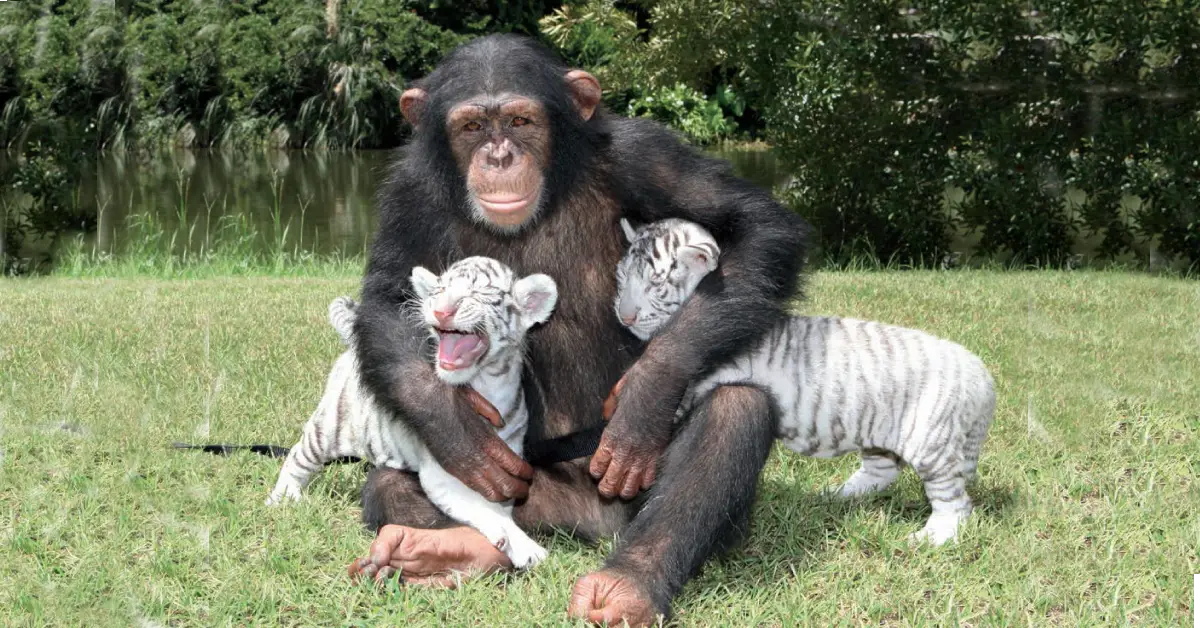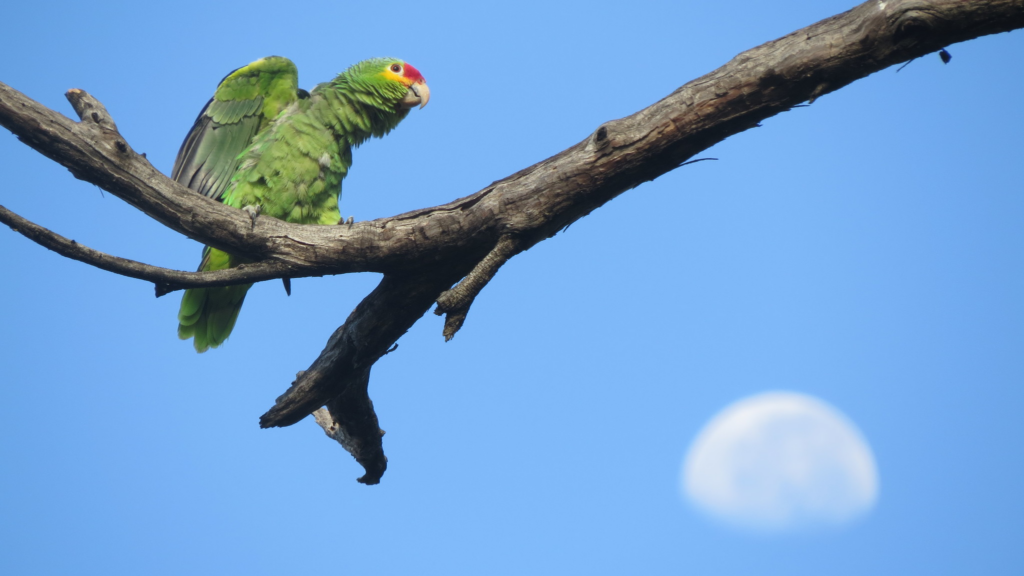Throughout history and mythology, the image of the winged horse has symbolized majestic power, grace, and transcendence. From ancient tales to modern interpretations, the concept of the winged horse transcends cultural boundaries and captivates the imagination. Let’s explore the enduring charm and symbolism behind this mythical creature.
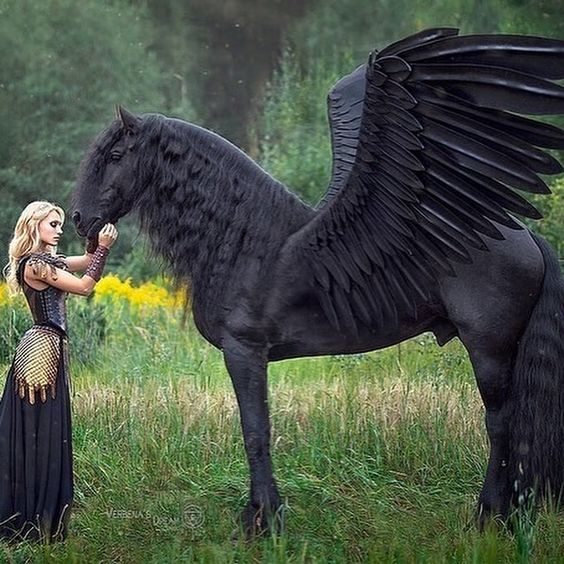
Mythical origins and symbolism
The winged horse, often depicted as a divine creature in various mythologies, occupies an important place in the collective human imagination. One of the most famous winged horses is Pegasus from Greek mythology, known for its ability to fly through the skies with incomparable speed. The symbolism associated with Pegasus embodies freedom, inspiration and the unbreakable spirit that defies limitations.
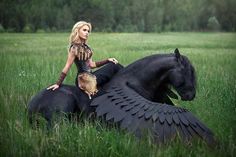
Reverence and cultural representation
In different cultures there are variations of the winged horse, each with its own symbolic meaning. In ancient Greek mythology, Pegasus served as a symbol of poetic inspiration, while in other cultures, such as Hindu mythology, the winged horse was revered for its association with strength and perseverance.
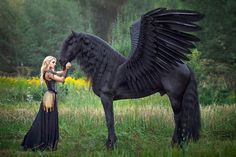
Modern interpretations and impact
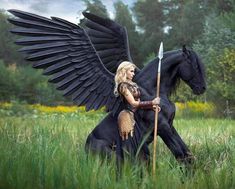
In contemporary times, the concept of the winged horse continues to resonate in various media, from literature and art to popular culture. Its depiction in film, literature and art often symbolizes aspirations, freedom and the ability to overcome obstacles, leaving an indelible mark on modern storytelling and imagination.video:


